
Salman Rushdie on the 27 Seconds that nearly ended his life
Interview by Matt Galloway
Read or listen offline
Amazon KindleRecommendation
In this engaging interview on Canada’s CBC network, esteemed author Salman Rushdie recounts the event in August 2022 that almost ended his life and inspired his second memoir, Knife: Meditations on an Attempted Murder. Having endured decades under the fatwa that put his life at risk from Islamic extremists, this latest attack reminded Rushdie that he remains a controversial figure. With his usual candor and wit, Rushdie defends the right to freedom of speech in literature, the arts, and civic life. As the survivor of a deadly assault, Salman Rushdie understands that a second chance “gives you an instruction not to waste your time.”
Summary
About the Podcast
The Current is a public affairs radio program on Canada's CBC. Host Matt Galloway interviews the people who shape politics, the arts, and civic life.





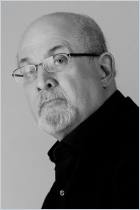
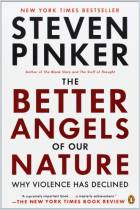
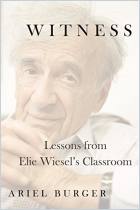
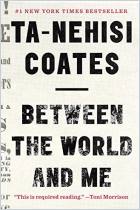

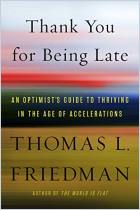
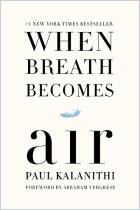






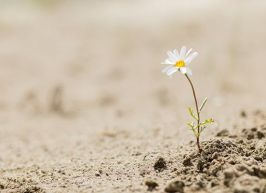


Comment on this summary